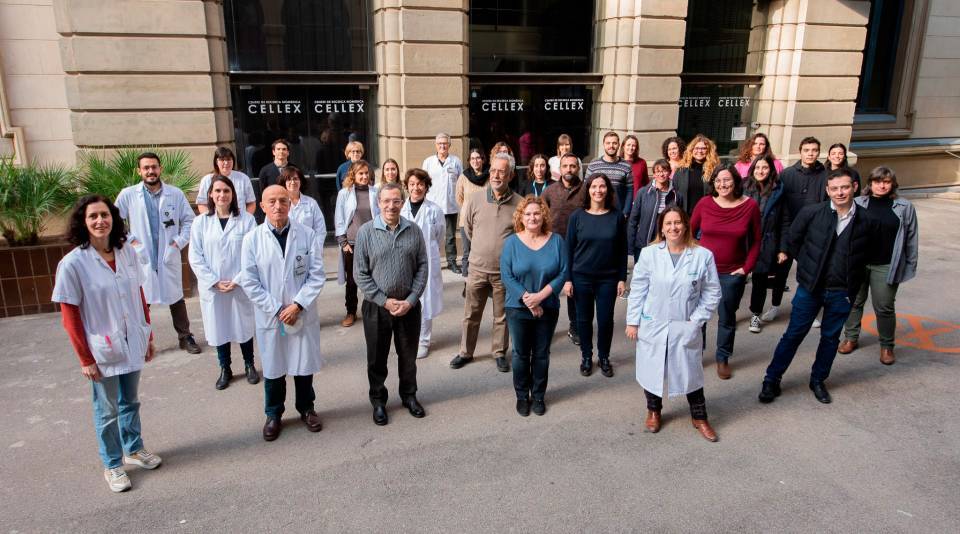Substantiated information by:

Antoni Trilla
Epidemiologist
Preventive Medicine and Epidemiology Service

Eduard Vieta Pascual
Psychiatrist
Psychiatry and Psychology Head of Department

Gema Maria Lledó Ibáñez
Médico internista
Servicio de enfermedades autoinmunes

Jacobo Sellarés Torres
Pneumologist
Pneumology and Respiratory Allergy Service

Josep M. Miró Meda

Josep Maria Peri
Clinical psychologist

Maica Rubinat
Specialist in Sports Medicine
General Secretary for Sport and Physical Activity of the Generalitat de Catalunya

Mariona Violan
Specialist in Sports Medicine
General Secretary for Sport and Physical Activity of the Generalitat de Catalunya
Published: 12 March 2020
Updated: 12 March 2020
The donations that can be done through this webpage are exclusively for the benefit of Hospital Clínic of Barcelona through Fundació Clínic per a la Recerca Biomèdica and not for BBVA Foundation, entity that collaborates with the project of PortalClínic.
Subscribe
Receive the latest updates related to this content.
Thank you for subscribing!
If this is the first time you subscribe you will receive a confirmation email, check your inbox
An error occurred and we were unable to send your data, please try again later.





